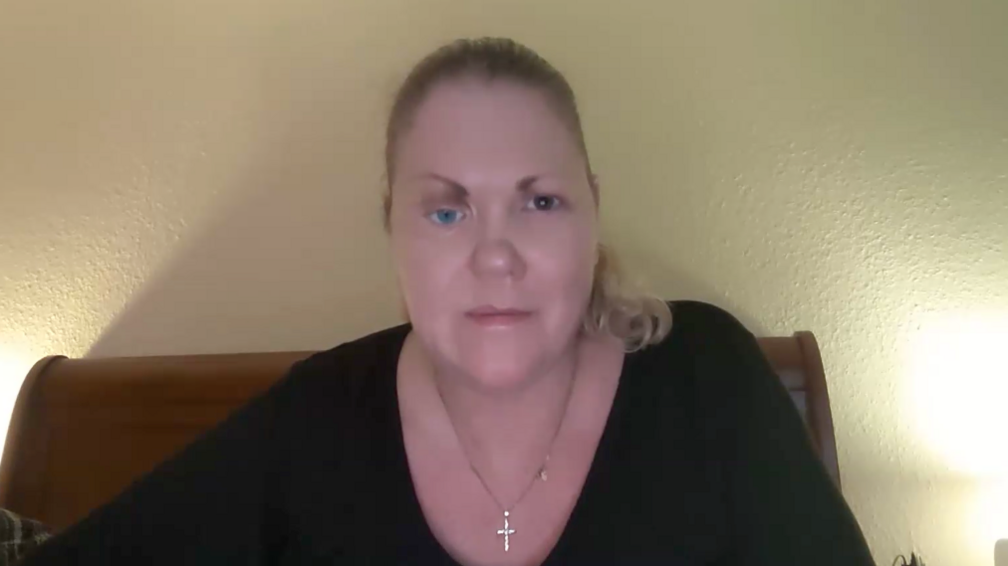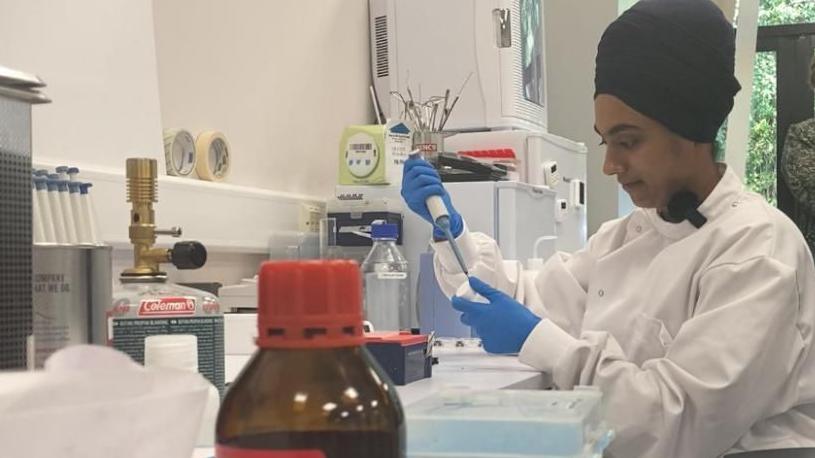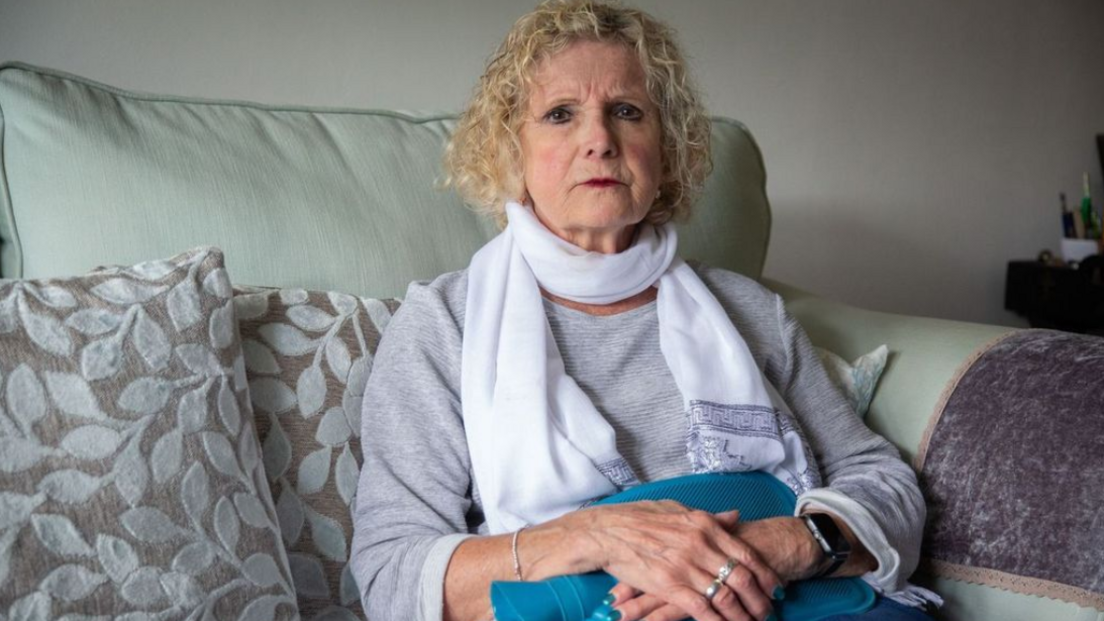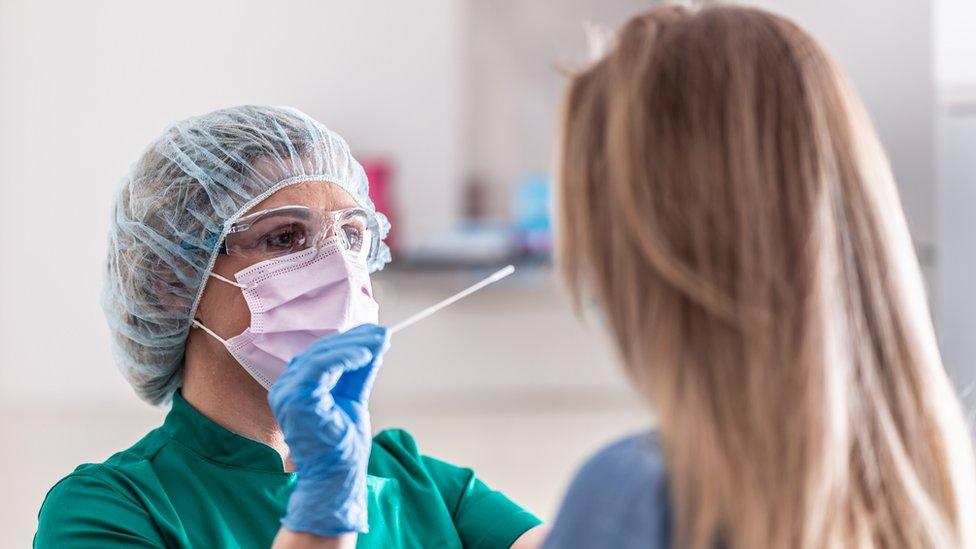South West sees 9% rise in antibiotic-resistant infections

Vanessa Carter said 11 months of different antibiotic prescriptions did not clear her infection
- Published
If your antibiotics are not treating an infection you must go back to your doctor, a woman who suffered antibiotic resistance has urged.
Her call comes as the UK Health Security Agency (UKHSA) found the South West had seen a 9% rise in antibiotic-resistant infections, external despite the region maintaining the lowest rate in England.
Cases rose to 28.2 per 100,000 population in 2024 compared to 25.9 cases per 100,000 in 2023, the report found.
Dr Chaam Klinger, consultant in health protection at UKHSA South West, said the 9% increase was "concerning" and "antibiotic resistance remains one of the greatest health threats we face".
Vanessa Carter had a car accident in 2004 that required multiple facial reconstructive surgeries. She then developed a persistent Methicillin-resistant Staphylococcus aureus (MRSA) infection around her facial implants.
Ms Carter, who lives in Torbay, said for 11 months she was repeatedly prescribed courses of antibiotics from different specialists but was unable to get rid of the infection permanently.
'Rise concerns me'
After laboratory testing, she found out MRSA was resistant to the antibiotics she had been taking.
She said: "I had to have part of my face amputated because of this resistant infection, and was eventually treated with 'last resort' antibiotics.
"The rise in antibiotic-resistant infections we are seeing concerns me deeply - nobody should have to go through what I experienced."
Ms Carter added: "I think that if you are prescribed antibiotics, as I was, if you see that your infection is not getting better from an antibiotic - go back to your doctor and question - why is this antibiotic not working?
"It's really important that we are empowered as patients to be able to ask those questions."
'Only when necessary'
Dr Klinger said the 9% increase was "concerning".
He said: "Antibiotic resistance remains one of the greatest health threats we face, and whilst we continue to have the lowest rate in England, the upward trend demands our attention.
"We are working closely with healthcare partners across the region to ensure antibiotics are only used when absolutely necessary."
Dr Klinger said people should only take antibiotics when a healthcare professional tells them to complete the course exactly as prescribed.
He added people should return unused antibiotics to a pharmacy and not to save them for later or share with others.
"It is also important to take up the vaccinations you are eligible for to help stop infections in the first place," he said.
Follow BBC Cornwall on X, external, Facebook, external and Instagram, external. Follow BBC Devon on X, external, Facebook, external and Instagram, external. Send your story ideas to spotlight@bbc.co.uk, external.
Related topics
- Published13 August

- Published16 May 2024

- Published23 November 2022
